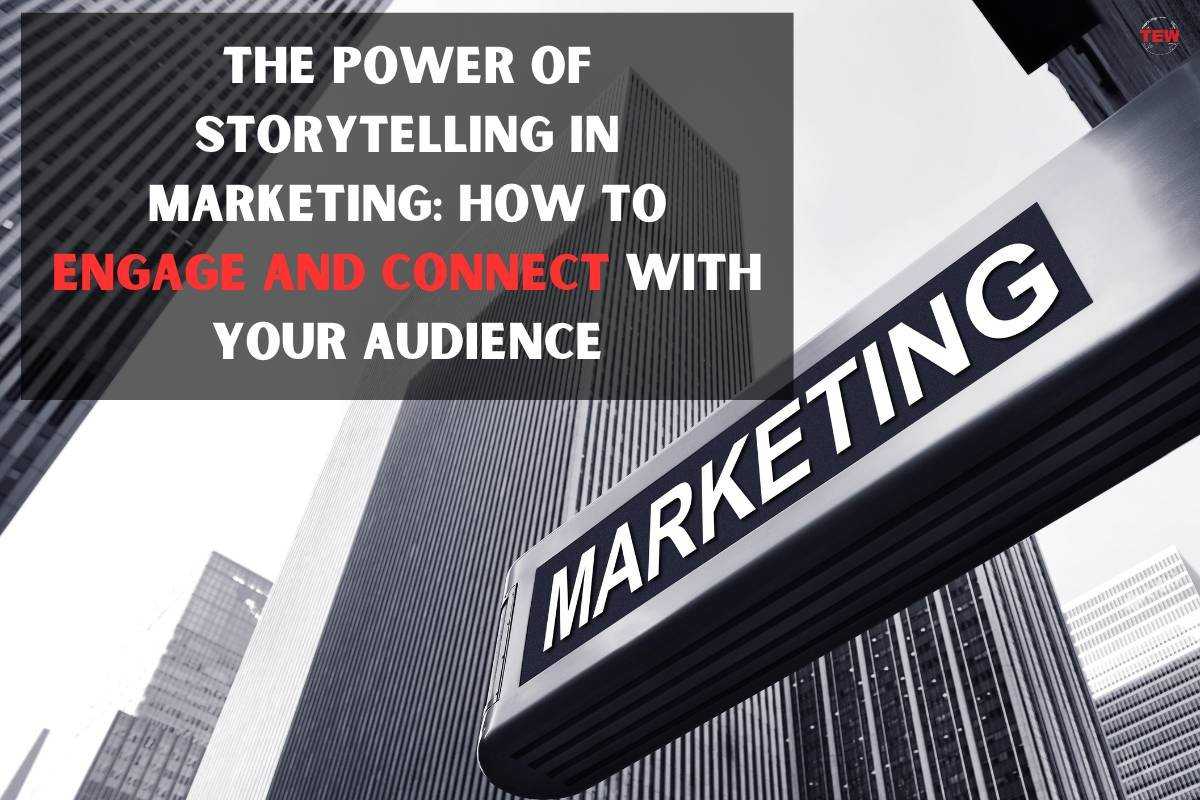Features
The Power Of Storytelling In Marketing

Storytelling has been an integral part of human culture since the beginning of time. It is a powerful tool that captivates our attention and connects us on an emotional level. In the world of marketing, storytelling has emerged as a key strategy to engage customers, build brand loyalty, and drive sales. In this article, we explore the various reasons why storytelling is so effective in marketing.
1. Creating an Emotional Connection
One of the main reasons why storytelling is powerful in marketing is its ability to create an emotional connection with the audience. By telling a compelling story, brands can evoke emotions such as joy, sadness, excitement, or empathy. These emotions help consumers to relate to the brand and its values, making them more likely to trust and engage with the company.
2. Making a Brand Memorable
Storytelling allows brands to differentiate themselves from their competitors by creating a unique narrative. When customers resonate with a brand’s story, they are more likely to remember it. A memorable brand story helps to create a lasting impression in the minds of consumers, increasing the chances of repeat business and referrals.
3. Building Brand Loyalty
Great storytelling can foster a sense of loyalty and affinity towards a brand. By sharing stories that align with the values and aspirations of their target audience, companies can build a tribe of loyal customers who feel connected to the brand’s mission. These loyal customers are more likely to become brand advocates, spreading positive word-of-mouth and influencing others to choose the same brand.
4. Demonstrating Brand Authenticity
Storytelling also allows brands to showcase their authenticity and human side. In a world where consumers are bombarded with advertising messages, transparency and authenticity are highly valued. By sharing stories about their purpose, origins, or the people behind the brand, companies can demonstrate their authenticity and build trust with their audience.
5. Engaging and Retaining Attention
Storytelling is a powerful technique for capturing and retaining attention in a world of short attention spans. Compelling narratives draw consumers in and keep them engaged throughout the marketing message. By structuring marketing campaigns around stories, brands can deliver their messages in a way that is more likely to be remembered and shared.
6. Simplifying Complex Concepts
When promoting complex products or services, storytelling can help simplify and clarify the message. Stories allow brands to break down complex concepts into relatable and understandable narratives. By presenting information in a story format, companies can make their messages more digestible and memorable for their audience.
7. Stimulating the Imagination
Effective storytelling in marketing stimulates the audience’s imagination. By presenting stories that are filled with vivid imagery and relatable characters, brands can captivate the audience’s imagination and transport them into a different world. This not only enhances the overall brand experience but also creates a lasting impression in the minds of consumers.
8. Driving Sales and Conversions
Last but not least, storytelling has the power to drive sales and conversions. By crafting a persuasive story that highlights the benefits and solutions offered by a product or service, brands can motivate consumers to take action. Stories with a compelling call-to-action can be highly effective in converting prospects into customers, driving revenue for the company.
In conclusion, storytelling is a powerful tool in the world of marketing. It enables brands to create emotional connections, make a lasting impression, build loyalty, demonstrate authenticity, engage audiences, simplify complex concepts, stimulate imagination, and ultimately drive sales. By harnessing the power of storytelling, companies can differentiate themselves from competitors and forge meaningful connections with their customers.










